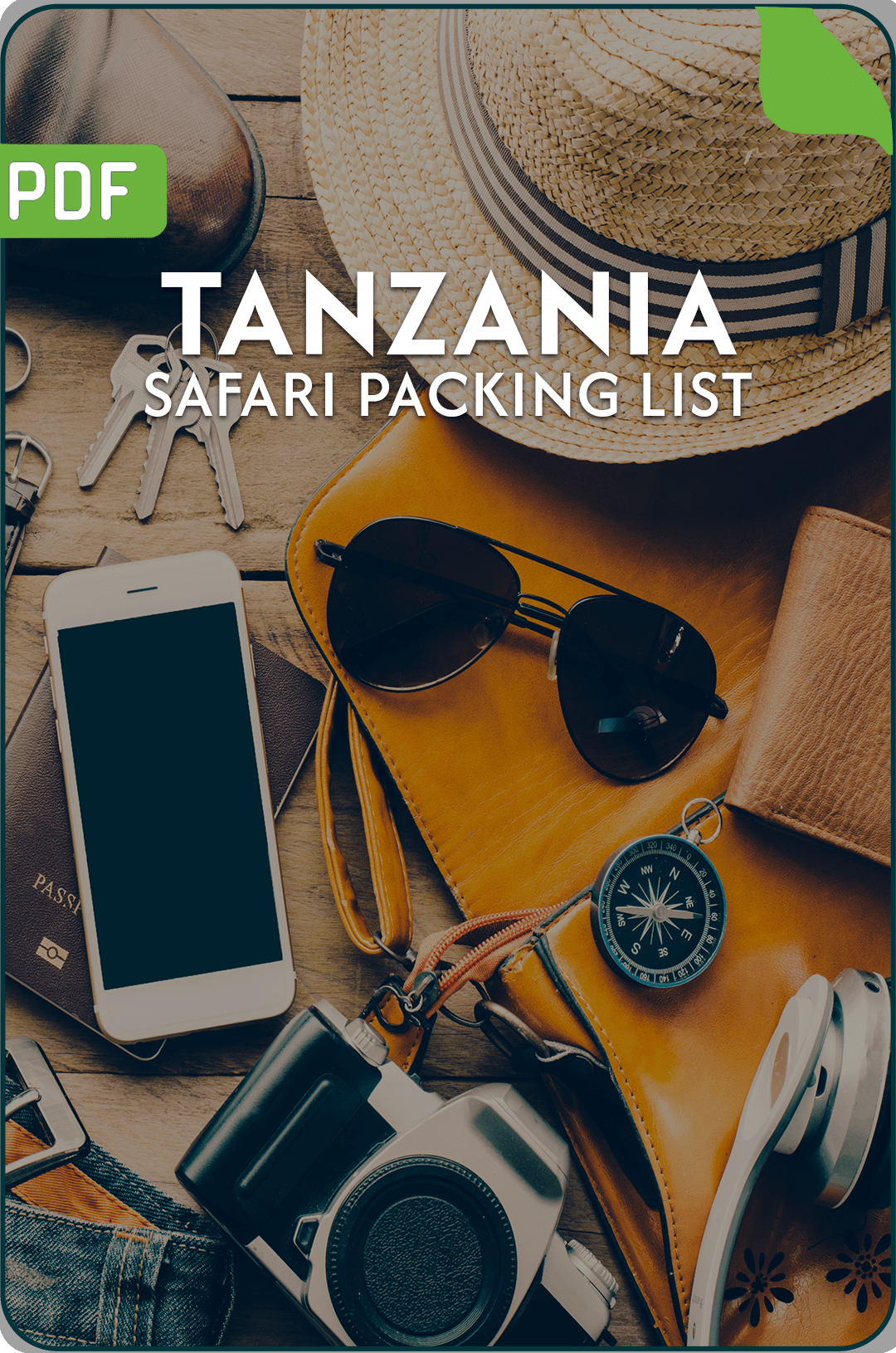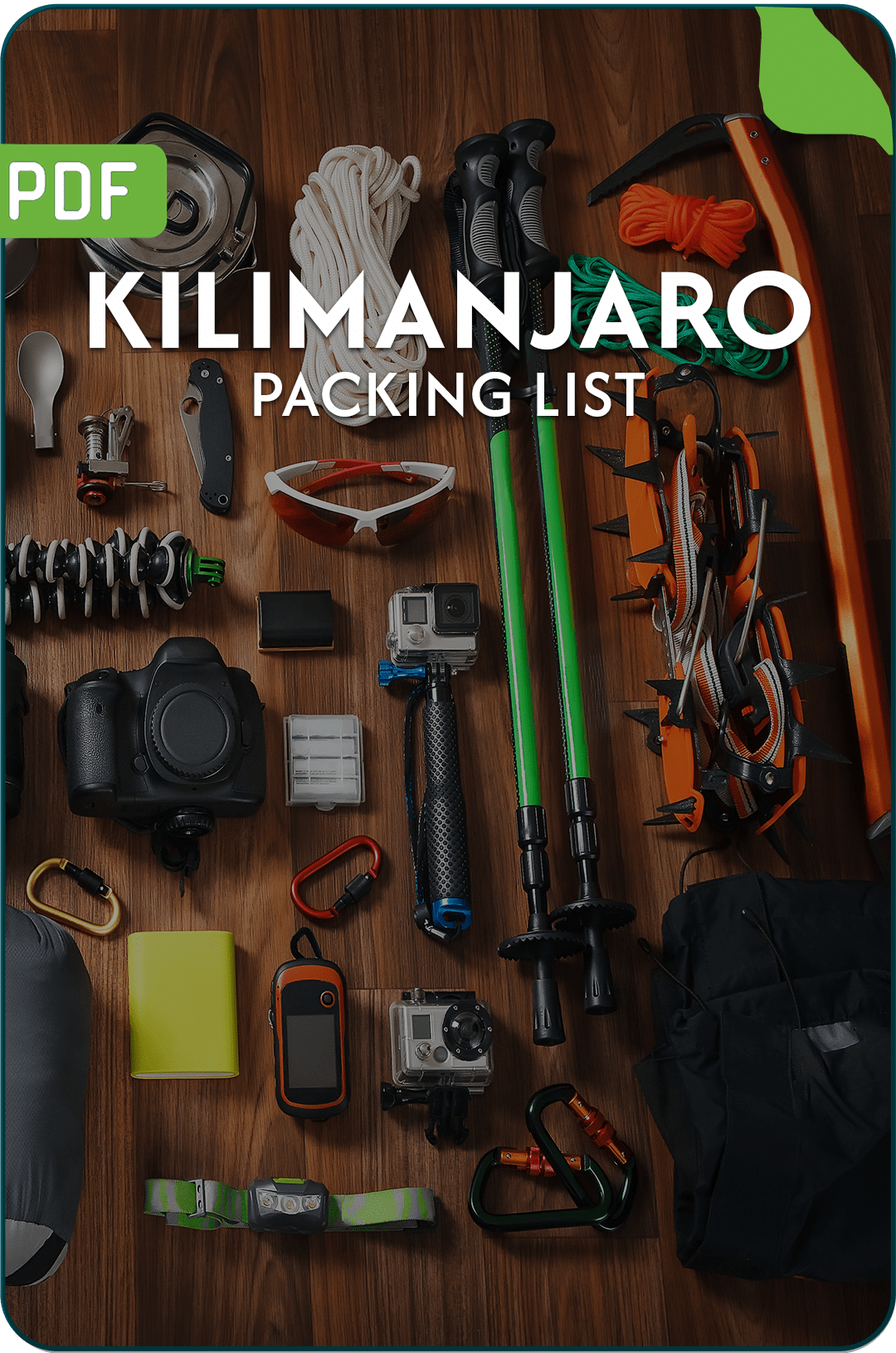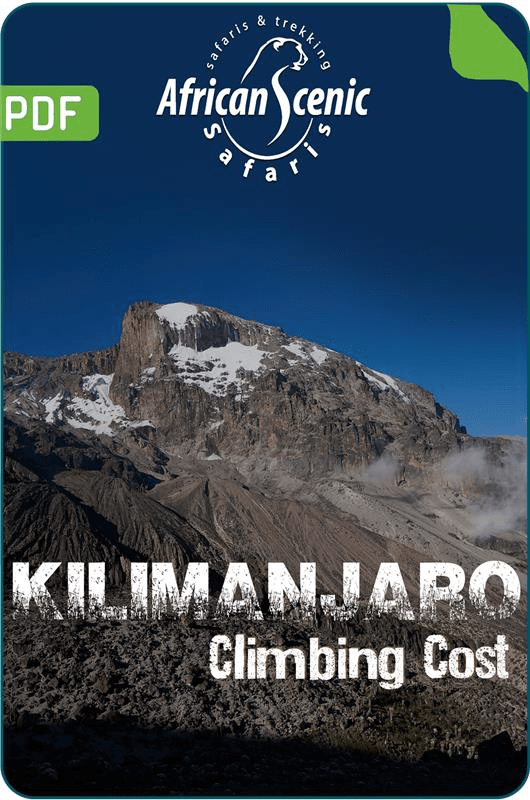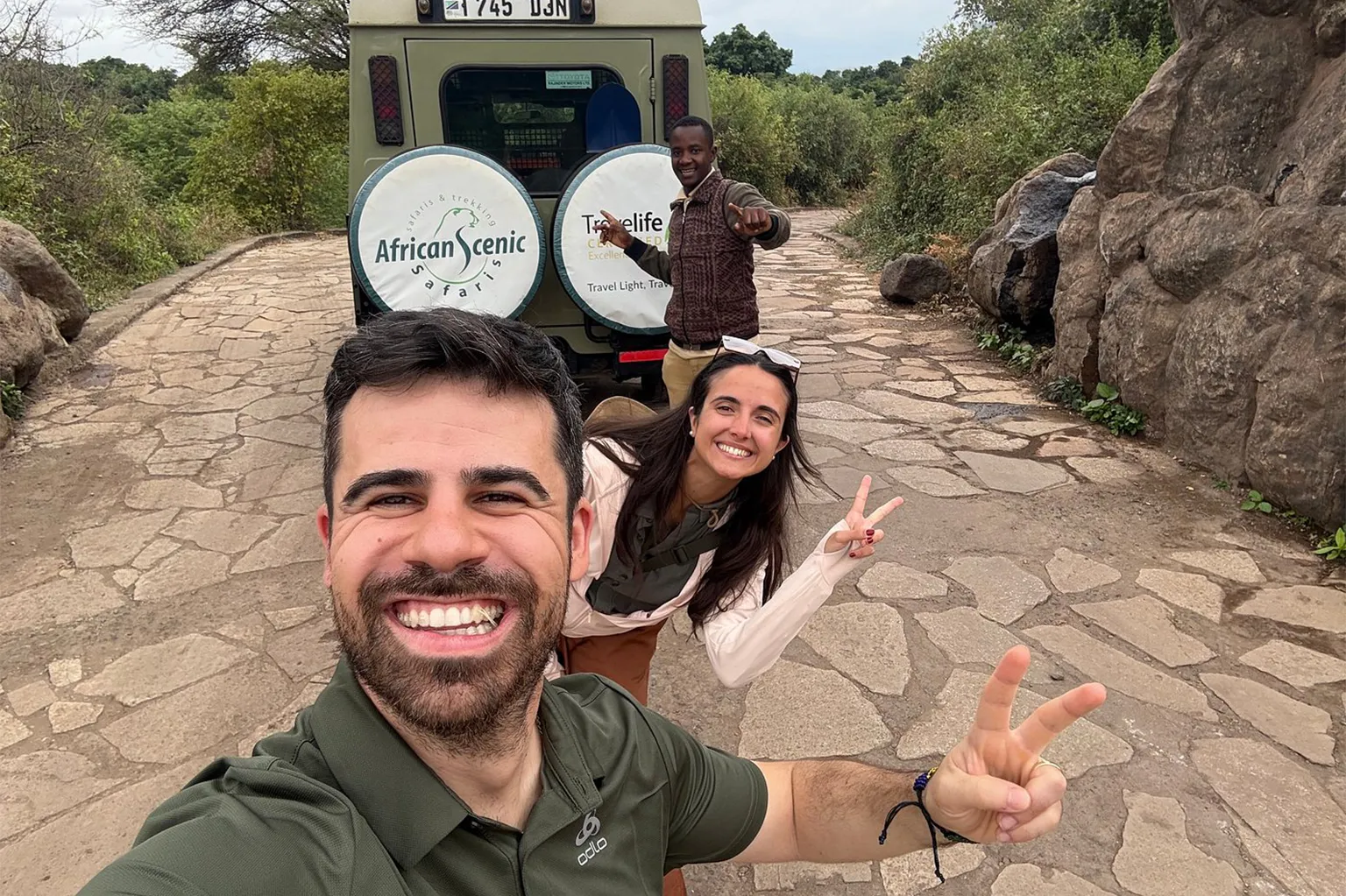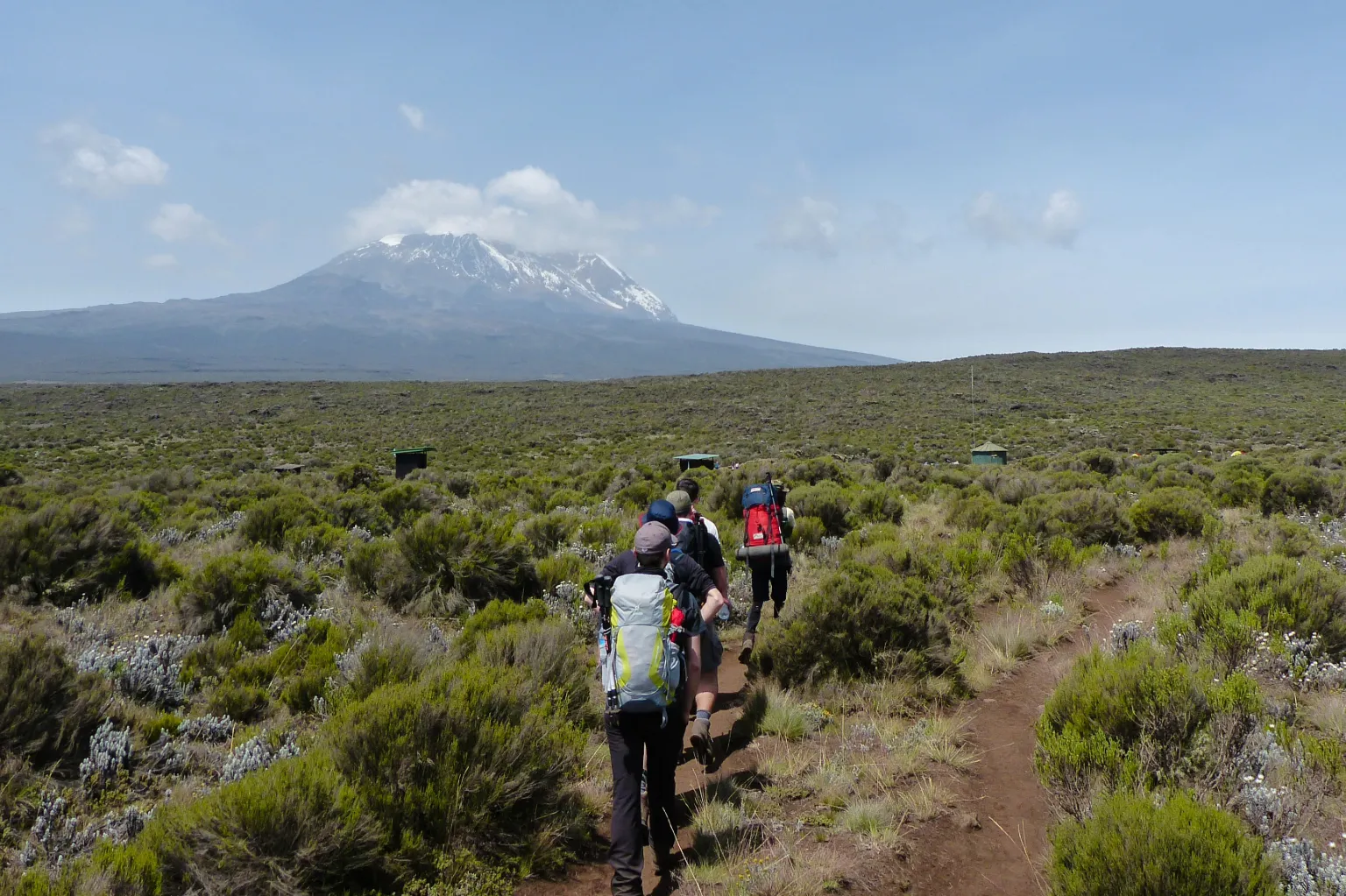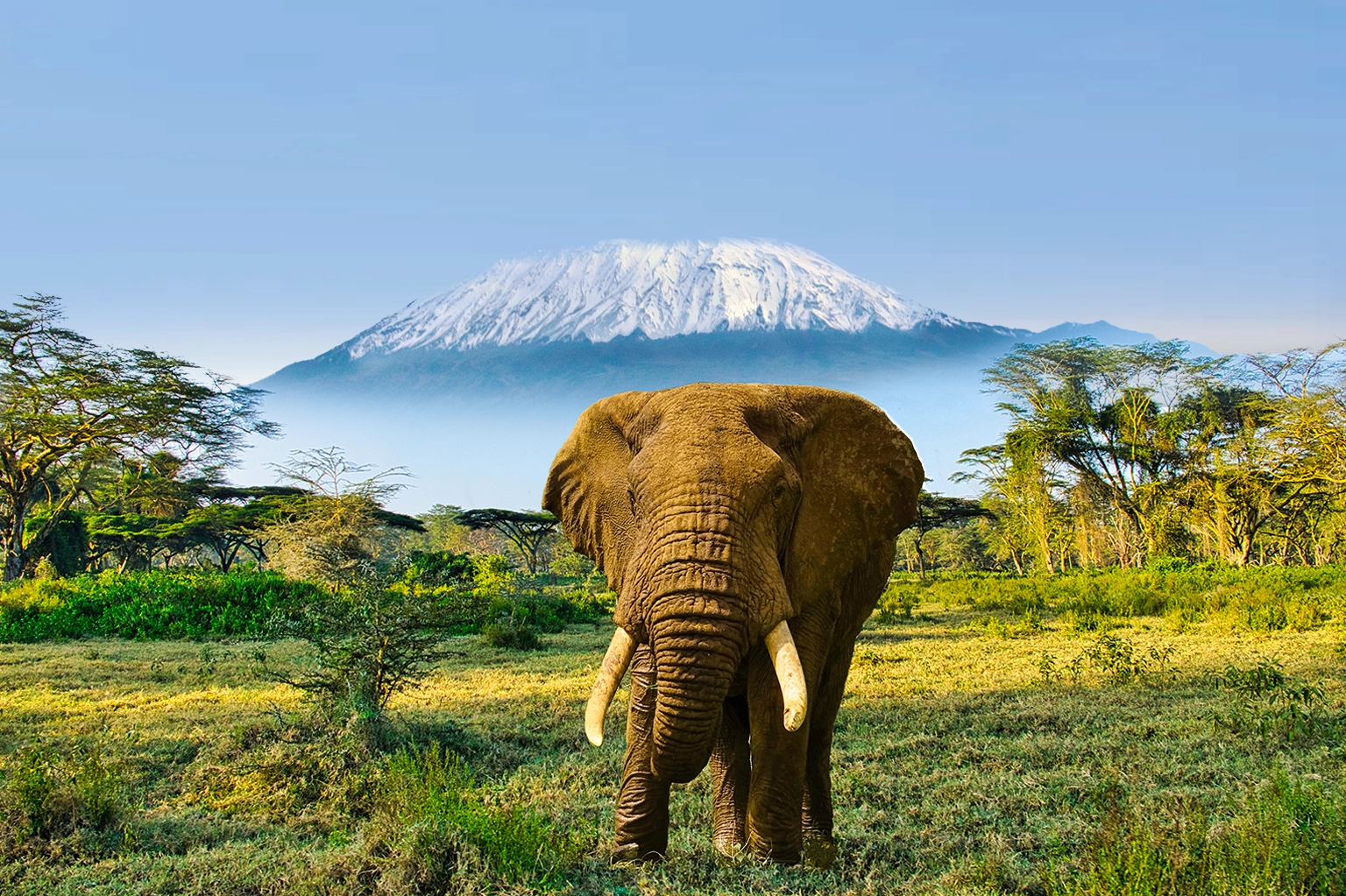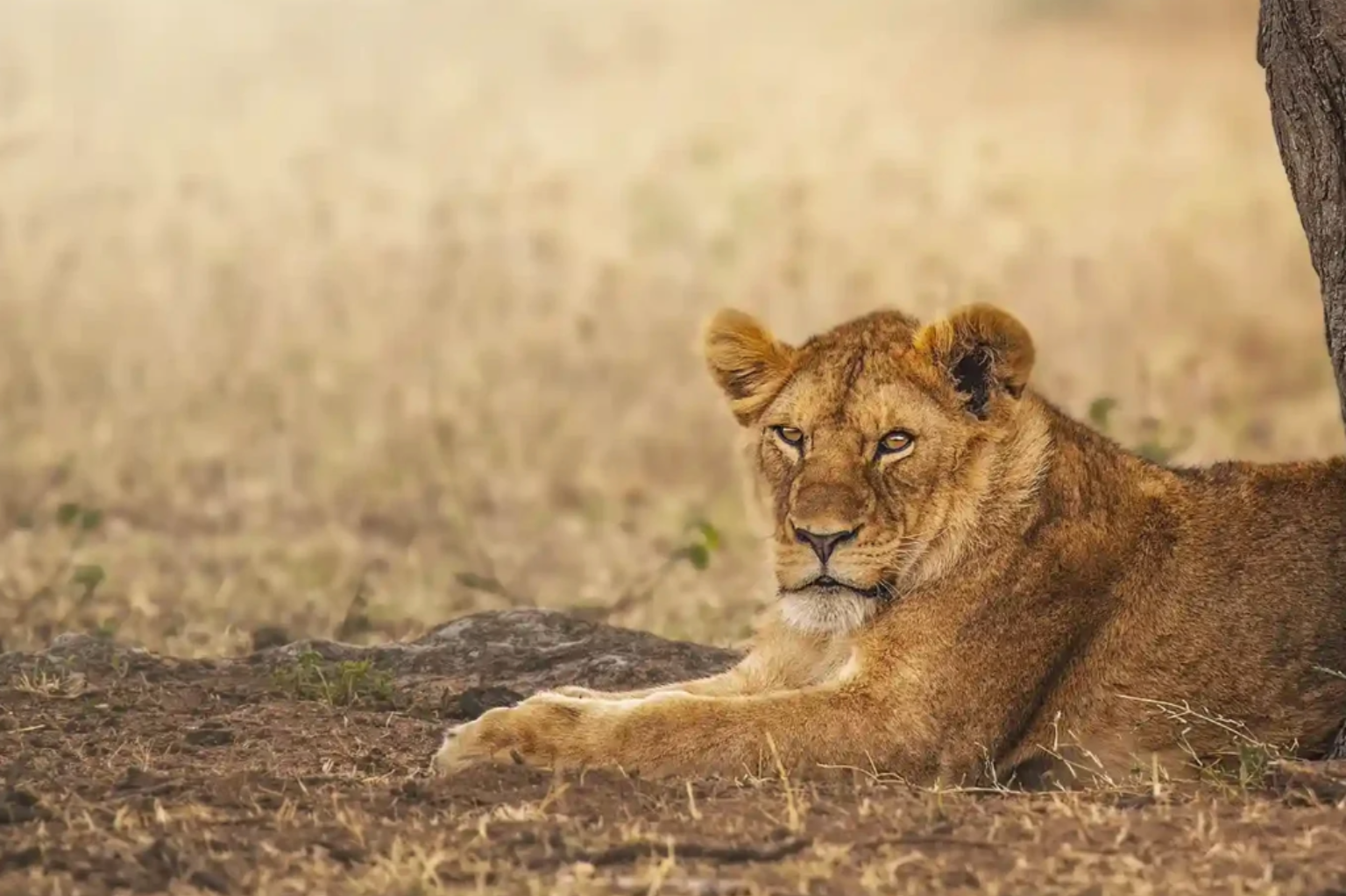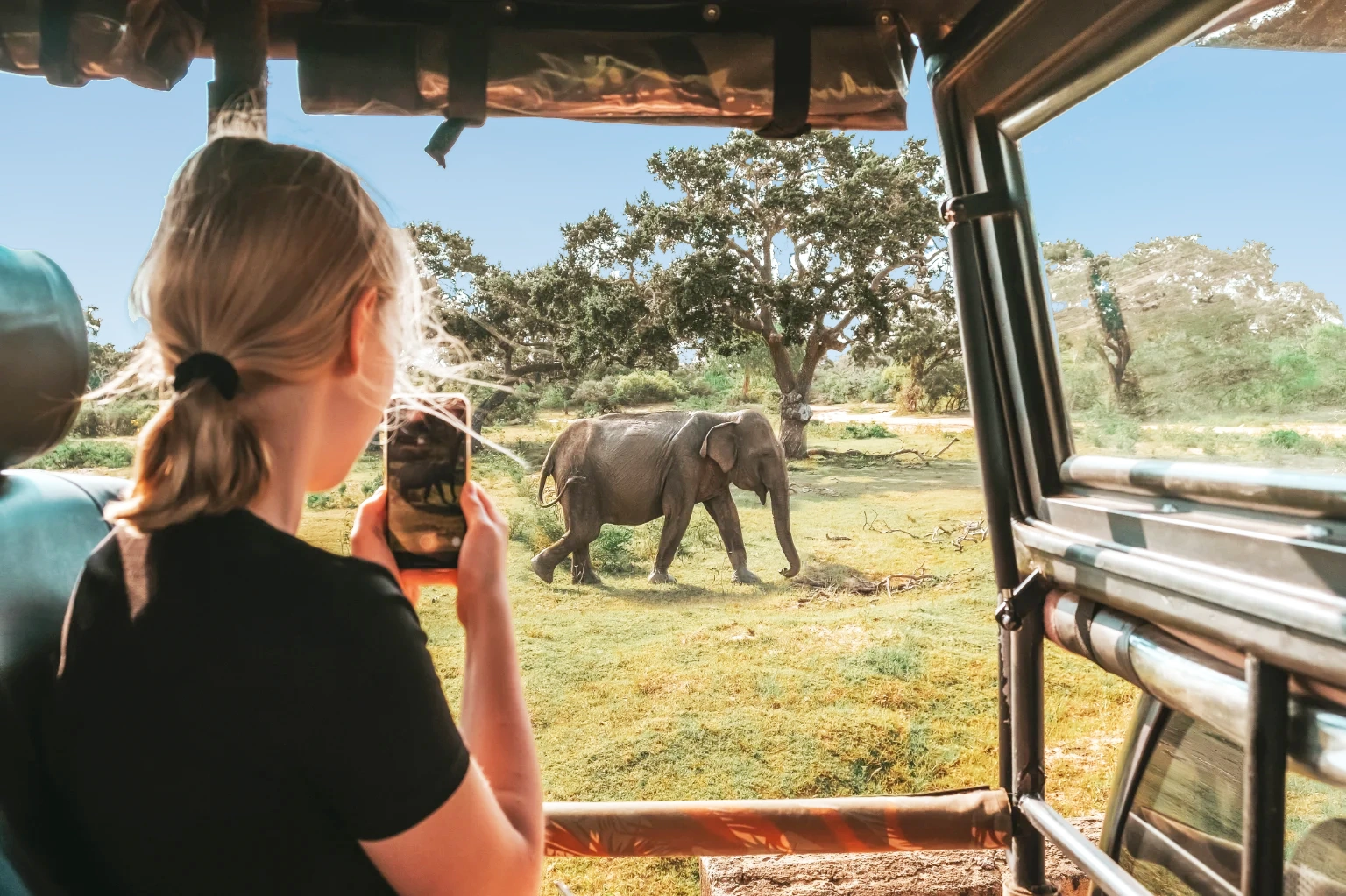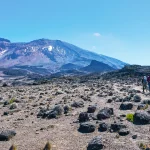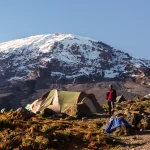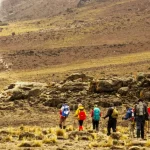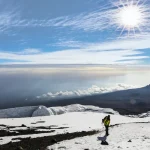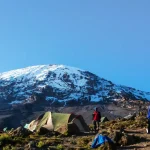Why The Northern Circuit Route Is Perfect for Slow Acclimatization on Kilimanjaro?
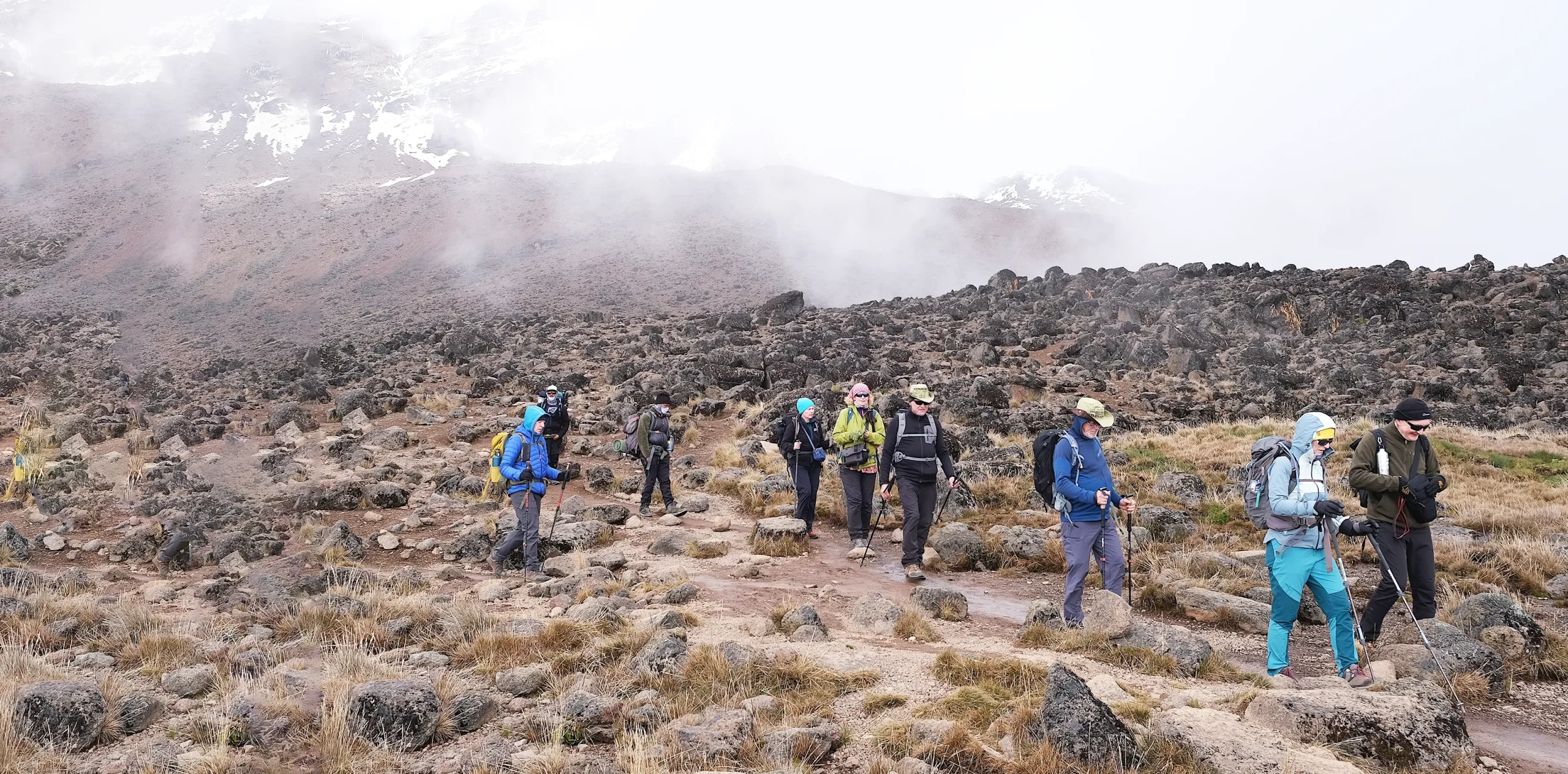
The Kilimanjaro Northern Circuit Route is the perfect combination of all the best elements of a Kilimanjaro Climb. And if you want the perfect Kilimanjaro Route that balances out ample time for acclimatization, then the Northern Circuit Route will deliver.
Altitude Sickness or Acute Mountain Sickness (AMS) on Mount Kilimanjaro is not to be taken lightly. Even experienced hikers are guaranteed to experience at least some mild symptoms.
Below, we’ll look at how climbing Kilimanjaro via the Northern Circuit Route helps in the acclimatization process and how you should prepare for AMS at higher altitudes.
The Importance of Slow Acclimatization on Kilimanjaro
To climb to the summit of Mount Kilimanjaro, you have to trek nearly 6,000 m above sea level. At that elevation and high-altitude region, the air is very thin and is sure to affect everyone, even the fittest of hikers. So, one cannot describe Kilimanjaro without going into detail about altitude sickness.
Altitude sickness is a negative health effect of high altitudes. As the percentage of oxygen reduces, the higher you climb up Kilimanjaro. Thus, the body finds it difficult to adapt and function properly.
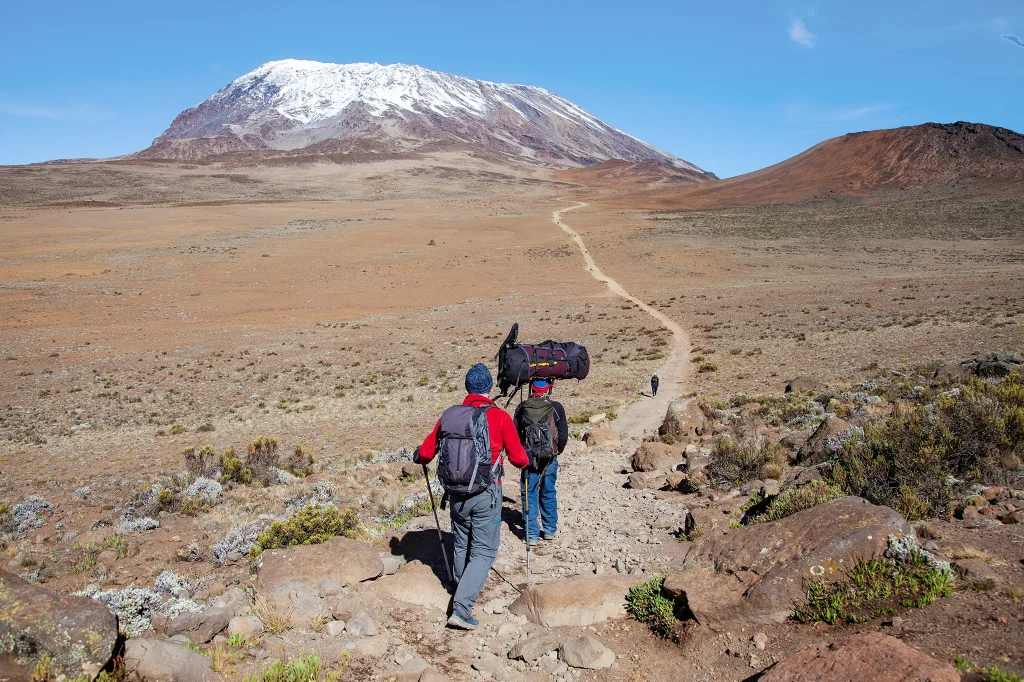
Most symptoms of altitude sickness are entirely normal when climbing Kilimanjaro. Mild symptoms of altitude sickness include:
- Sleep Disturbances
- Fatigue
- Dizziness
- Loss of Appetite
- Nausea
- Irritability
- Muscle Aches
- Increased heartbeat
- Swelling of feet and hands
- Shortness of breath
- Headaches
Key Insights – Symptoms of altitude sickness depend on the rate of ascent, elevation, and individual sensitivity. Everybody acclimatises at different rates. The symptoms generally begin 12 to 24 hours after arrival at the higher altitude region. And, they tend to decrease in severity around the third day of the climb.
There are three basic rules of thumb you should follow on Kilimanjaro for slow acclimatization. I.e. drink plenty of fluids, go slow, and climb high sleep low approach.
Why The Northern Circuit Route Is Perfect for Slow Acclimatization
The Northern Circuit Route is one of the best Kilimanjaro Routes when it comes to slow acclimatisation. Because it’s the longest route on Kilimanjaro, it offers a great acclimatisation profile and has plenty of climb-high, sleep-low opportunities.

The following are even more reasons why the Northern Circuit Route is great for slow acclimatisation:
| REASONS | DESCRIPTION |
| Gentle Elevation Gain | – The trail involves a few days of hiking at a lower elevation. – This allows the body to slowly adjust to the altitude and increases the chances of reaching the top. |
| Remote and Less Crowded | – This helps to reduce stress and allows for a more relaxed pace, both of which are important for acclimatisation. |
| Beautiful Sceneries | – This helps climbers a great environment to acclimatize and helps to stay motivated throughout the trail. |
Note – Even with the slow acclimatization process of the Northern Circuit Route, there still might be some mild symptoms of altitude sickness. So, always follow the advice of the mountain guides and take all the general precautions to stay safe on the mountain.
Climbing high is thrilling, but breathing easy is smarter, so pick the Northern Circuit Route and let your body catch up with your mountain dreams at its own steady pace.
How To Prepare For The Northern Circuit Route
You should devote a significant amount of time to training for Climbing Kilimanjaro. Begin your Kilimanjaro Training at least 8 weeks before your climb, and a routine of 4 times per week exercise should be followed. This includes regular aerobic exercises, strength training, elliptical runs, and hiking.
The oxygen levels at various altitudes along the Kilimanjaro Northern Circuit Route vary, so symptoms of altitude sickness are likely to kick in.
| KILIMANJARO ALTITUDES (in metres) | KILIMANJARO ALTITUDES (in feet) | EFFECTIVE PERCENTAGE OF OXYGEN |
| Sea Level | Sea Level | 20.90% |
| 2000 feet above sea level | 609 m above sea level | 19.40% |
| 3000 feet above sea level | 914 m above sea level | 18.60% |
| 4000 feet above sea level | 1219 m above sea level | 17.90% |
Recommended Exercises Before Climbing Kilimanjaro On The Northern Circuit
| NAME OF THE EXERCISE | TRAINING SCHEDULE |
| Aerobic Training | 3-4 Days a week (for 40 minutes) |
| Strength Training | 2 Sessions a week (for an hour) |
| Warm-Up and Stretching Exercises | 3 Sessions a week (for 7 weeks) |
The right gear is also essential before climbing the Kilimanjaro Northern Circuit. So, include the following things in your clothing items:
- Windproof Jacket and Trousers
- Mid Layer Fleece or Jacket
- Down Jacket
- Base Layer
- Trekking Trousers
- A few pairs of underwear
- Insulated Gloves
For your backpack, choose a rucksack with a capacity of 60-70 litres and a daypack with a capacity of 40 litres. A sleeping bag should also be on your Kilimanjaro Gear List. You won’t have to bring tents as they will be provided by your climbing operator. Also, you can even rent some equipment with the help of our team at African Scenic Safaris.
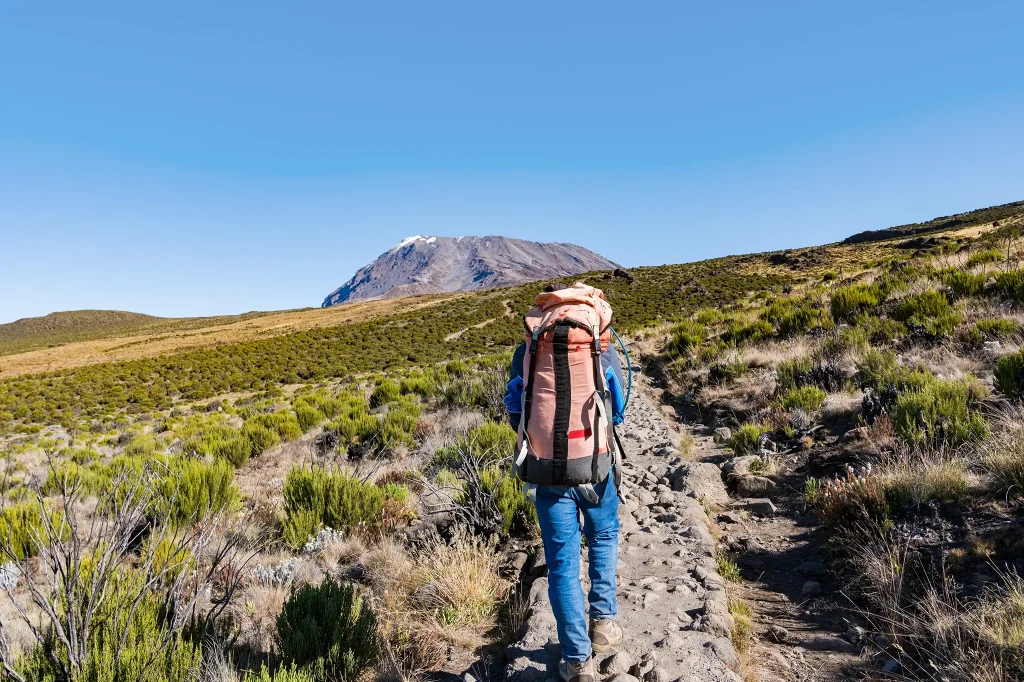
Orbit Kilimanjaro – Best Itinerary on Northern Circuit
Before you climb Kilimanjaro using the Northern Circuit Route, you should know what the 9-Days Northern Circuit Route itinerary looks like. This will help you figure out what pit stop you’ll make along the way and when you’ll have time for proper acclimatisation.
Orbit Kilimanjaro (9 Days Northern Circuit Route Itinerary)
| DAY(S) | STARTING AND ENDING POINT | ELEVATION GAIN (in feet) | OVERNIGHT STAY (SLEEP LOW APPROACH) |
| DAY 1 | – Lemosho Trailhead – Big Tree Camp | 1,310 ft. | Big Tree Camp |
| DAY 2 | – Big Tree Camp – Shira 1 Camp | 2,460 ft. | Shira 1 Camp |
| DAY 3 | – Shira 1 Camp – Shira 2 Camp | 1,000 ft. | Shira 2 Camp |
| DAY 4 | – Shira 2 Camp – Moir Huts | 2,400 ft. – Gain 1,310 ft. – Elevation Loss | Moir Huts |
| DAY 5 | – Moir Huts – Buffalo/Pofu Camp | 590 ft. | Buffalo or Pofu Camp |
| DAY 6 | – Buffalo/Pofu Camp – Third Cave Camp | 490 ft. | Third Cave Camp |
| DAY 7 | – Third Cave Camp – School Huts | 2,880 ft. | School Huts |
| DAY 8 | – School Huts – Uhuru Peak | 3,760 ft. – Gain 9,140 ft. – Elevation Loss | Mweka Camp |
| DAY 9 | – Mweka Camp – Mweka Gate | 4,200 ft. – Elevation Loss | Ameg Lodge or Pink Flamingo Boutique Hotel |
Perfect Acclimatization Is the Lifeblood of The Northern Circuit Route
Because of the longer duration, gentle elevation game, and fewer crowds, the Northern Circuit Route is the name of the game when it comes to acclimatisation on Kilimanjaro. Remember that mild symptoms of Acute Mountain Sickness (AMS) are to be expected. But when you choose the Kilimanjaro Northern Circuit Route, these symptoms can be largely minimised.
So, we encourage you to choose one of our most popular Mount Kilimanjaro Packages – the 9-Day Northern Circuit Route, and you’re sure to have a safe climb with one of the best acclimatization profiles.


